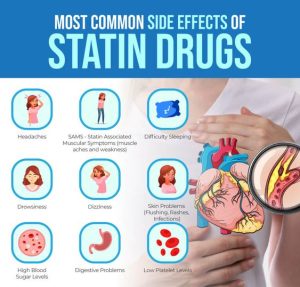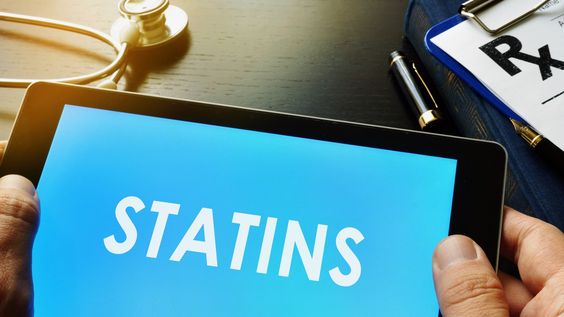Researchers have presented substantial evidence supporting the potential role of statins in alleviating the risk of venous thromboembolism (VTE) associated with hormone therapy in postmenopausal women. This discovery could reshape risk-benefit considerations for this demographic.
In a study titled “The Use of Statins and the Risk of Venous Thromboembolism in Women Receiving Hormone Therapy,” published in JAMA Network Open, researchers utilized a cohort of 223,949 women (average age 57.5 years). The nested case-control design included 20,359 cases and 203,590 matched controls.
The use of statins was associated with a reduced risk of VTE in women receiving hormone therapy, emphasizing potential benefits for those experiencing perimenopausal symptoms. Hormone therapy without statin treatment increased VTE risk by 53%. However, when combined with statins, the risk decreased by 18% compared to patients without hormone therapy or statin exposure.

Menopause brings challenging symptoms such as hot flashes, sleep disturbances, cognitive changes, vaginal dryness, and urinary incontinence, significantly impacting women’s quality of life. Hormone therapy is often used to manage these symptoms, but it comes with a drawback, as previous studies have shown an increased risk of blood clots or venous thrombosis.
Statin treatment is associated with a reduced risk of major cardiovascular events and venous thromboembolism. Some prior studies have shown promise in the combination of statin treatment and hormone therapy.
The current research aims to elucidate the association between hormone therapy, statin use, and VTE risk, particularly in women aged 50 to 64. The results indicate that statin treatment reduces VTE risk associated with hormone therapy, with a more pronounced risk reduction observed with high-intensity statins.
Summarize
While statin treatment is associated with a decreased VTE risk related to exogenous hormones, it does not eliminate the risk, underscoring the need for further controlled studies. Future research will play a crucial role in refining our understanding of the nuanced relationship between statins, hormone therapy, and VTE risk in postmenopausal women.
